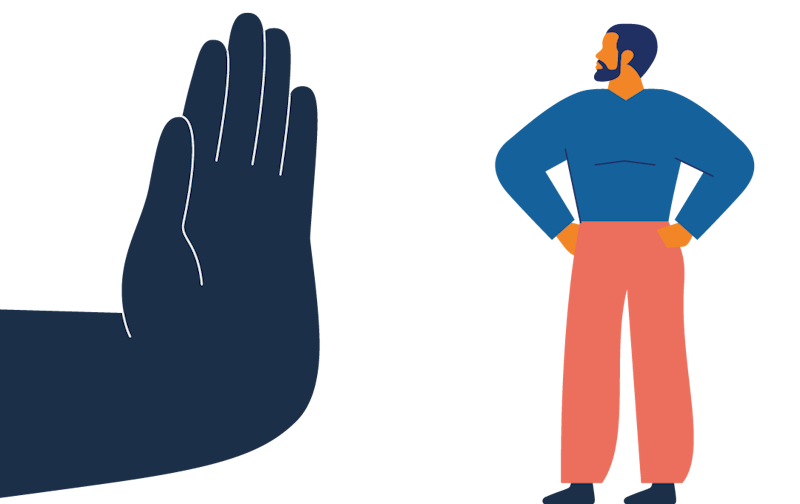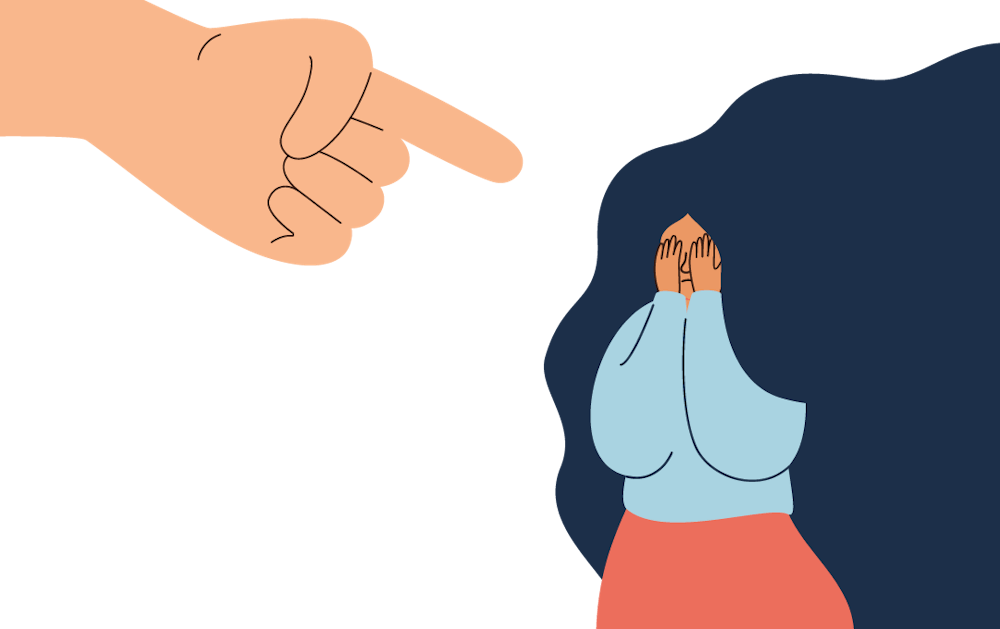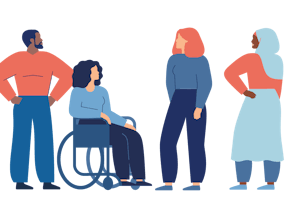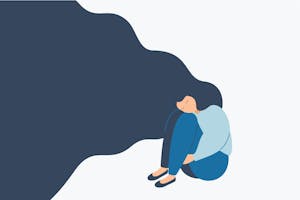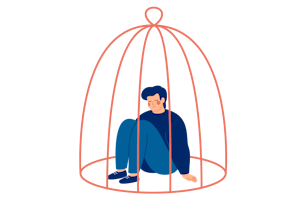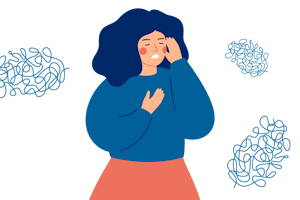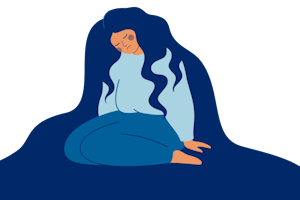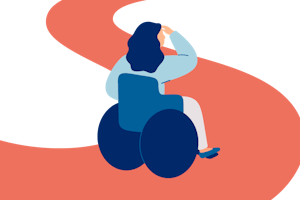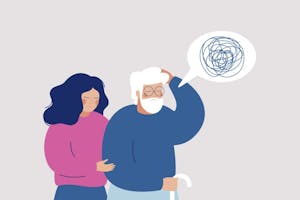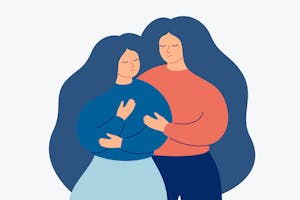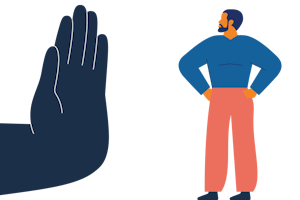Victims and perpetrators
Group can be defined based on:
- Country of origin
- Colour of skin
- Race
- Religion
- Disability
- Sexual characteristics
- Sexuality
- Gender identity
- Other similar factors
Perpetrators of a hate crime:
- Personal contact with the victim is often nonexistent.
- Has prejudice or hatred toward a group.
- Commits the act because the victim is in that group.
- The act is toward the entire group.
This also applies if the perpetrator believes that the victim is part of the group even though they are not.
